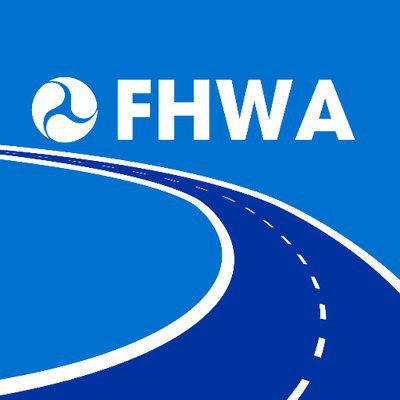FHWA Lacks Adequate Oversight and Guidance for Engineer’s Estimates

What We Looked At
Each year, the Federal Highway Administration (FHWA) oversees more than $40 billion in Federal funding for highway and bridge projects across the United States. For each project, a State Department of Transportation (State DOT) develops a conceptual cost estimate that is refined over time. The cost estimate prepared at the final design stage, called the Engineer’s Estimate, is an essential element in the project-approval process—used by State DOTs as a benchmark for analyzing bids and to authorize the Federal funds. While underestimating the Engineer’s Estimate can lead to project delays as additional funding is sought, overestimating causes an inefficient use of funds, which have been obligated and cannot be used for other projects. In either case, the Federal-aid highway program can be negatively affected. Accordingly, our objectives for this self-initiated audit were to assess (1) FHWA’s progress in implementing key recommendations from its 2015 National Review of State Cost Estimation Practice (2015 National Review) and (2) FHWA’s 2004 Guidelines on Preparing Engineer’s Estimate, Bid Reviews and Evaluation (2004 Guidance), including how the Agency monitors the accuracy of the estimates prepared by the States.
What We Found
FHWA has made limited progress in implementing the six key recommendations from its 2015 National Review, particularly those related to developing a national cost-estimation training and updating the Agency’s 2004 Guidance. FHWA also has not followed up to determine whether and how its Division Offices are progressing on the other four key recommendations, which focused on their processes for developing reliable cost-estimating practices. Finally, FHWA lacks adequate guidance and processes to oversee and monitor the accuracy of Engineer’s Estimates.
Our Recommendations
We made four recommendations to help FHWA ensure that the Engineer’s Estimate is accurate and an effective tool for evaluating highway construction bids. FHWA concurred with two recommendations and partially concurred with the other two. We consider all four recommendations resolved but open pending completion of planned actions.


